The 2024 edition of the L’Oréal-UNESCO France Young Talent Award for Women in Science highlights the important contribution made by women scientists to solving today’s major environmental, health and social challenges. Université Paris Cité congratulates the 6 winning doctoral and post-doctoral students, who are representing our university with flying colours.
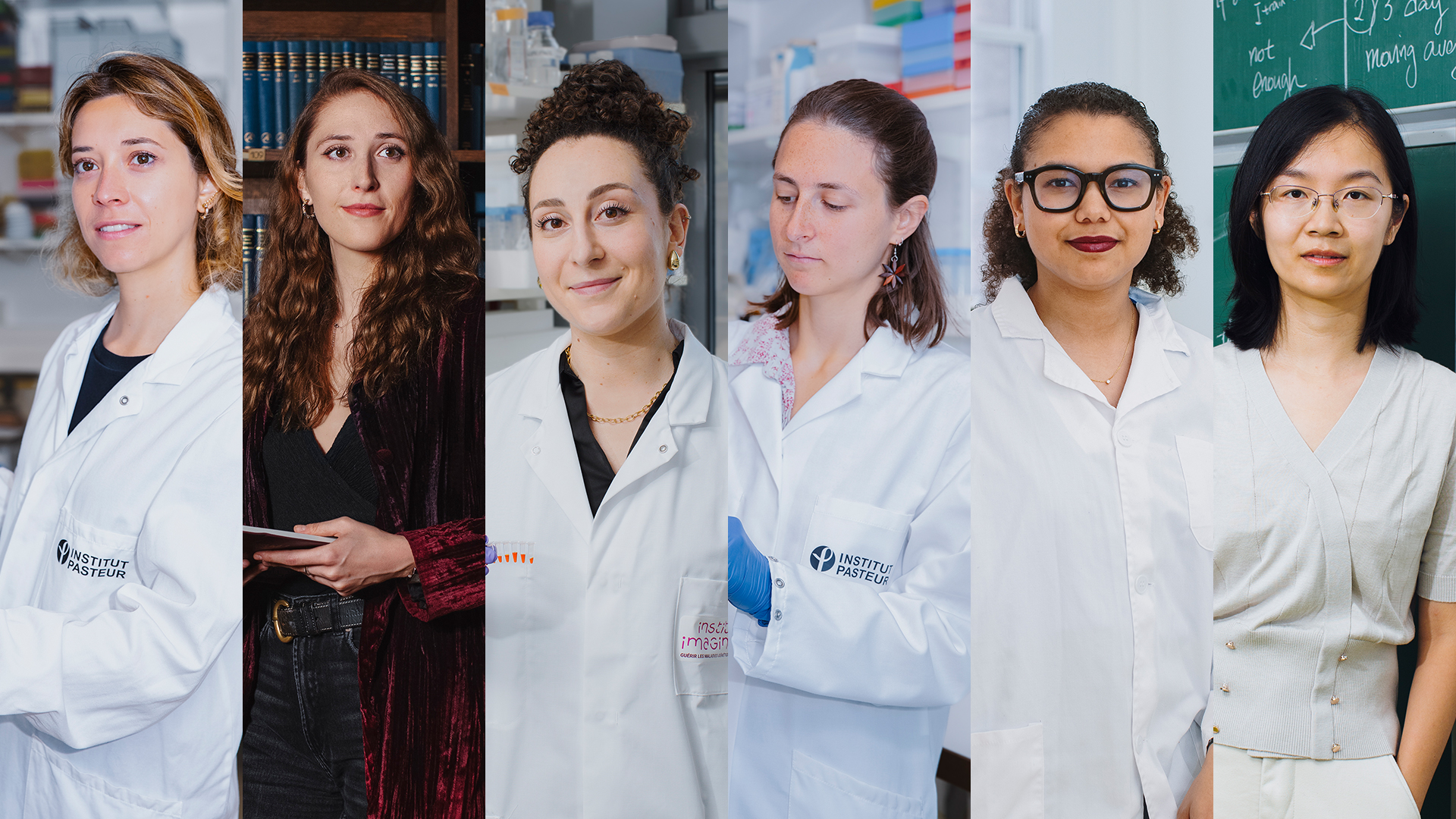
Alice Dejoux, Julie Puyo-Fourtine, Marie Materna, Nell Saunders, Sheryl Bui, Xiaowen Chen
© Nicolas Gouhier / Julien Knaub for Fondation L’Oréal.
There are still far fewer women than men in scientific doctorates. Despite progress, this imbalance is still apparent today, in particular following the reform of the general baccalauréat in 2019. The reform, although supposed to offer greater freedom of choice, in fact reveals disparities: the percentage of women varies from 35% for the combination of ‘mathematics, physics and chemistry’ to 86% for ‘humanities, literature and philosophy, languages, literature and foreign and regional cultures’. Deconstructing these stereotypes is a constant challenge, because science needs all kinds of intelligence and talent if it is to develop to its full potential. It has the power to change the world, to provide solutions to the major challenges facing humanity. This is the historical commitment of the L’Oréal Foundation, which has been working alongside women researchers around the world for 26 years. Alexandra Palt, Vice-President of the L’Oréal Foundation
By rewarding these 35 outstanding women researchers and bringing their work to the forefront so that they can serve as ambassadors of science for future generations, we are contributing to the development of scientific research with a vision that is fair and inclusive of all those involved. Professor Alain Fischer, President of the French Academy of Sciences and President of the FRANCE 2024 Young Talent Prize Jury
For the past 26 years, the L’Oréal Foundation has been working alongside women to promote to their advancement in science. The Young Talent Prize rewards women researchers whose work contributes to building a better, more sustainable, more resilient and more inclusive world. This year, 771 young women researchers of 63 nationalities applied. A distinguished panel of jurors selected 35 Young Talents conducting their research in France and the French overseas departments and territories.
Université Paris Cité congratulates the 6 winners.

Xiaowen Chen, Post-doctoral researcher at the Physics Laboratory École Normale supérieure (ENS), Université PSL – CNRS (UMR 8023) – Sorbonne Université – Université Paris Cité
Xiaowen studies the social behaviour of mice by modelling their interactions. She is developing mathematical and physical tools to understand how individual interactions can lead to complex collective behaviour. Through these mechanisms, it will be possible to get a better understanding of phenomena ranging from the functioning of the brain to complex social dynamics. A career in science combines the challenge of exploring the unknown with the responsibility of working for the common good, two important drivers in Xiaowen’s life.
Alice Dejoux, doctoral student at the Antibodies in Therapy and Pathology Laboratory (ATP), Institut Pasteur – Inserm (UMR 1222) – École doctorale physiologie, physiopathologie et thérapeutique (ED 394), Sorbonne Université
Following her training as an engineer at Chimie Paris Tech, and a double degree in medical research at Imperial College London, Alice is studying the origin of allergies to curares, the muscle-relaxing drugs used in certain anaesthetics. Her thesis project involves gaining a better understanding of the origin of these allergies and finding a treatment in the form of a therapeutic antibody to capture curares. This would be like an antidote that would alleviate the allergy. For Alice, science is the key to understanding the complex, the unknown, and the biological phenomena that can ultimately improve patients’ lives.
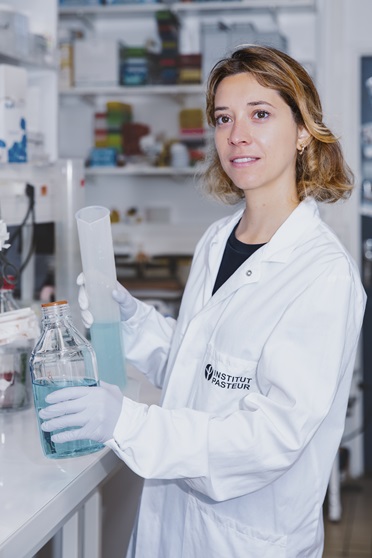
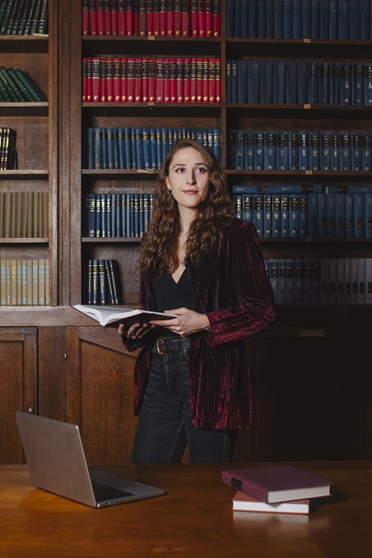
Julie Puyo-Fourtine, doctoral student at the Theoretical Biochemistry Laboratory (LBT), CNRS, Institut de Biologie Physico-chimique (IBPC), Université Paris Cité
Her research will help us to better understand how complex biological systems, such as DNA and RNA, interact with ions. Ions play important biological roles, for example in the regulation of gene expression, however they are difficult to model. In the long term, Julie’s work could lead to applications in biotechnology. Her interest in science stems from her desire to explore the unknown and contribute to the advancement of knowledge. At the same time, she is enthusiastically committed to her goal of making science more accessible to everyone, especially young women.
Sheryl Bui, post-doctoral researcher in the Matière et Systèmes Complexes (MSC) laboratory, “intra- and intercellular membrane dynamics” team, Université Paris Cité – CNRS (UMR 7057) – Inserm (U 1316)
With a doctorate in cellular and molecular biology, Sheryl embarked on her journey as a medical researcher. Sheryl wanted to make an immediate contribution to society through medicine, but also to make a long-term contribution through research. Her work focuses on the modification of extracellular vesicles, small vectors of communication between cells that could be used to transport drugs within the human body. This research could therefore lead in the long term to the development of new therapeutic approaches in the fight against cancer and genetic diseases.
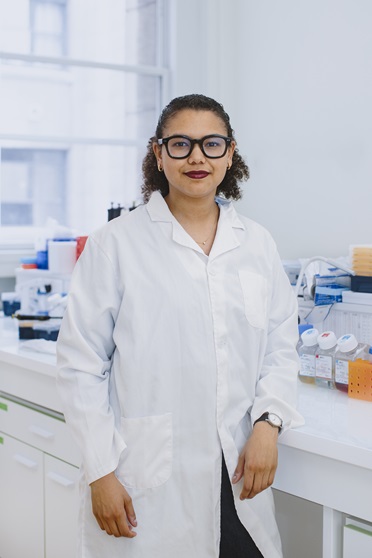
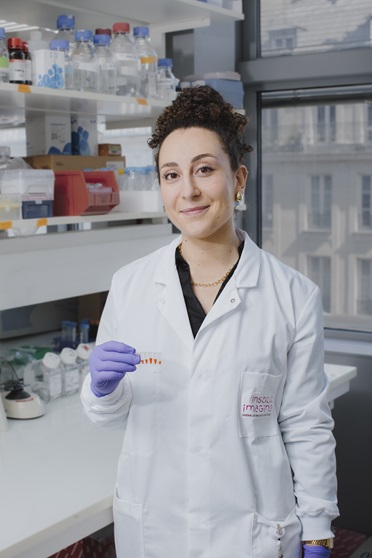
Marie Materna, post-doctoral researcher in the Human Genetics of Infectious Diseases Laboratory, Inserm (U 1163), Institut Imagine, Hôpital Necker-Enfants malades, Université Paris Cité
Very close to nature, Marie is fascinated by her environment, a passion nurtured by her father, who introduced her to a number of science popularisers. Specialising in the study of hereditary immune diseases, her thesis led her to identify the first 10 humans with a complete deficiency of Pre-TCR-α, a key immunity molecule. This deficiency, linked to a genetic mutation, significantly increases the risk of developing an autoimmune disease. In the long term, she hopes to help improve diagnosis, treatment and public health strategies for this type of disease. Feeling that she is playing a part in the advancement of scientific knowledge is very exciting for Marie, and she is very proud to have been published in such a prestigious journal as Science Magazine.
Nell Saunders, PhD student in the Virus and Immunity Unit, Institut Pasteur, Université Paris Cité – CNRS
Nell’s research is focused on understanding the mechanisms by which coronaviruses infect our bodies and how certain existing drugs can protect us from them. In her work, she has demonstrated the usefulness of an antibody that blocks the entry of the HKU1 coronavirus into lung cells. Her long-term objective is to develop new drugs and understand the origin and evolution of the HKU1 coronavirus, so as to be better prepared for the potential emergence of other coronaviruses in the future. From secondary school, Nell knew she wanted to study science, but hesitated about medicine. What finally pushed her towards biology research was the desire to find new solutions to problems. Nell is also keen to show women that they can have the same aspirations as men, so that more and more of them venture into careers that are just as fulfilling.
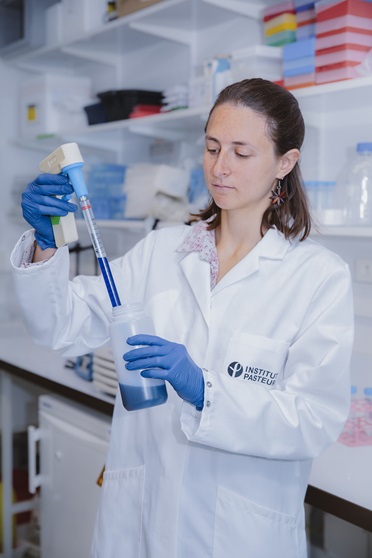
Read more
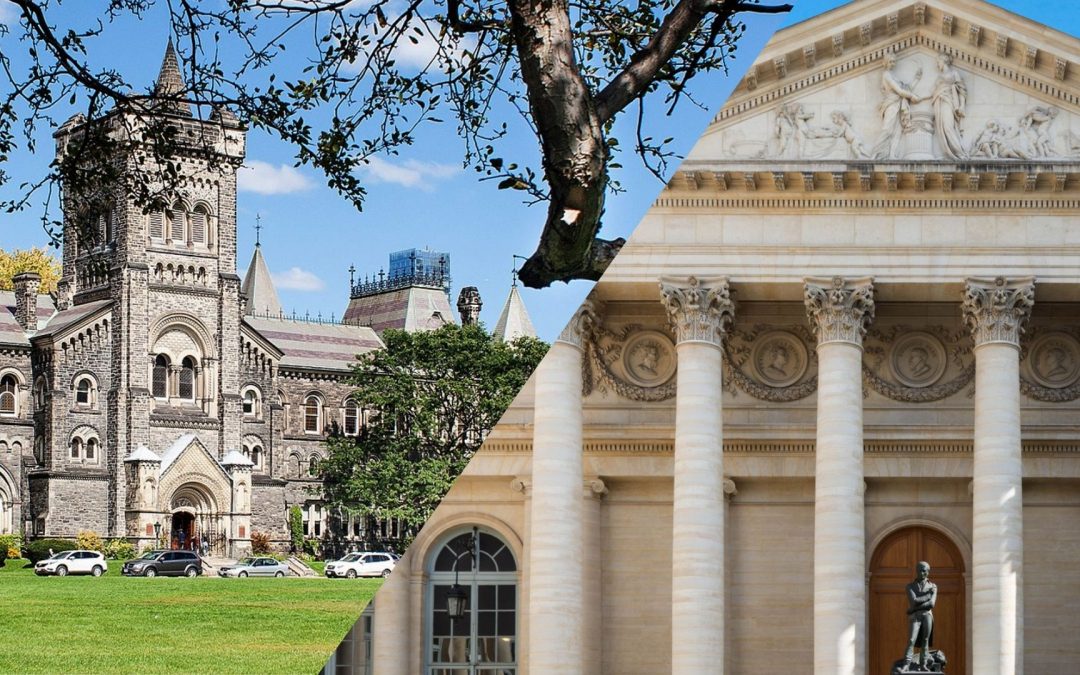
Results of the 2025 Call for Projects with the University of Toronto
The 2025 call for projects between Université Paris Cité and the University of Toronto met with great enthusiasm within the scientific communities of both institutions. Eighteen proposals were submitted by pairs of researchers; five projects were selected at the end...
read more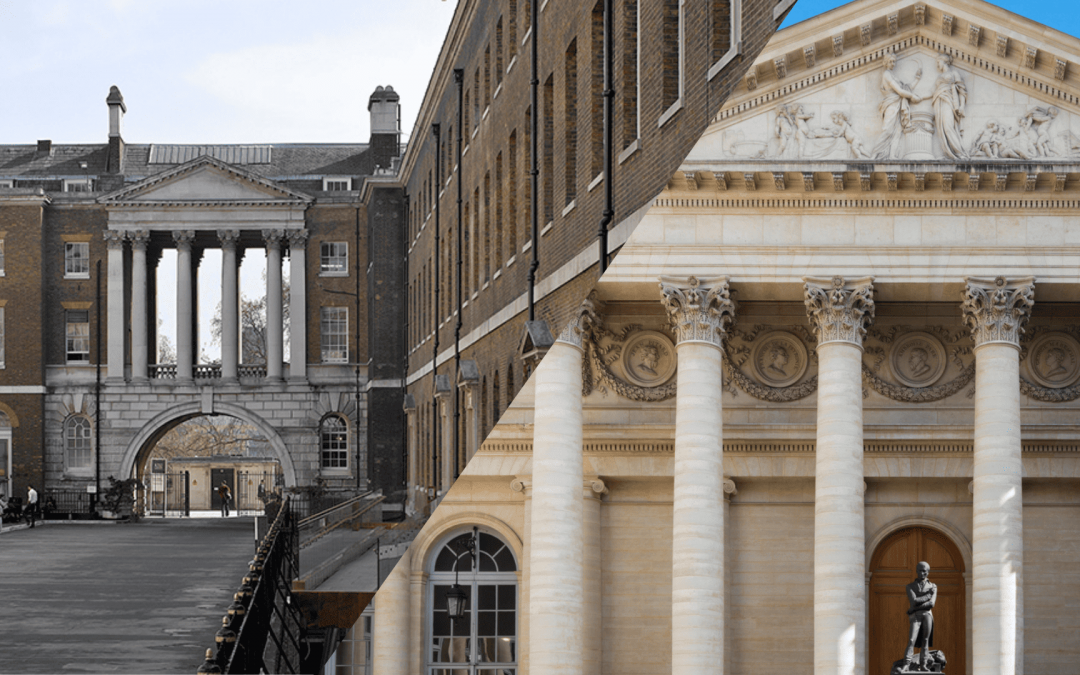
Call for projects 2025 UPCité – King’s College London
The call for projects between Université Paris Cité (UPCité) and our privileged partner King's College London (KCL), has been launched this friday, May 9th 2025. The objectives Université Paris Cité and King's College London are offering offering a seed funding for...
read more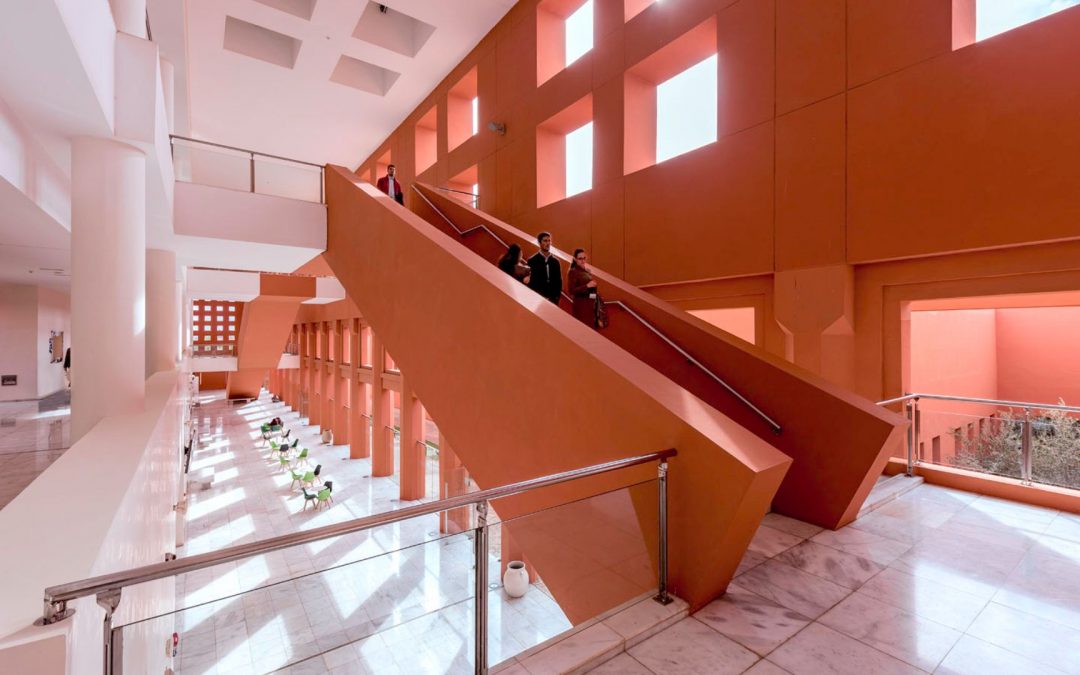
UM6P and UPCité Offer Two Joint PhD Scholarships
Mohammed VI Polytechnic University (UM6P) and Université Paris Cité (UPCité) are strengthening their collaboration by offering two joint PhD scholarships for thesis projects affiliated with one of UPCité’s Graduate Schools. This call aims to reinforce...
read more
